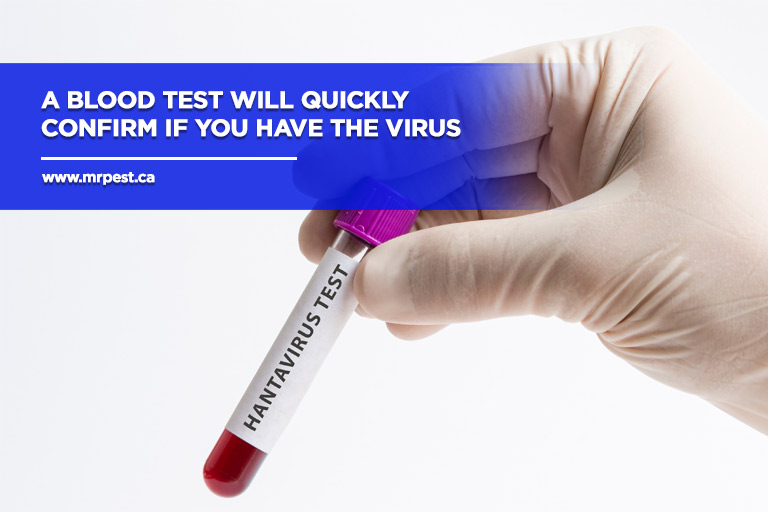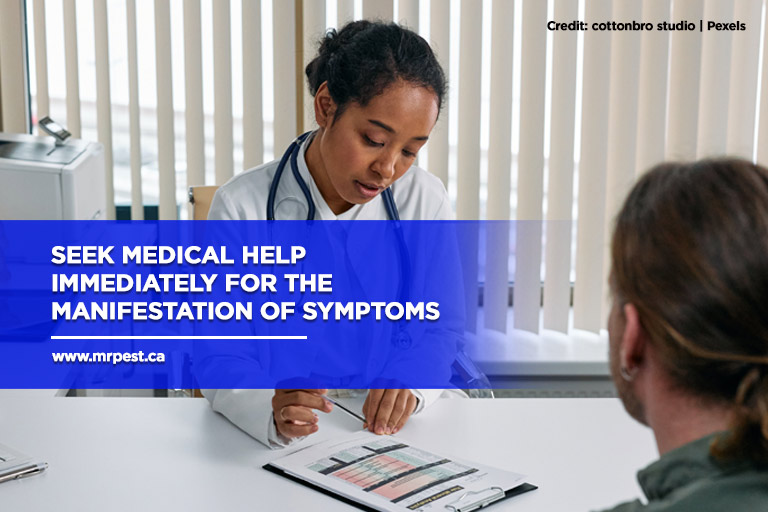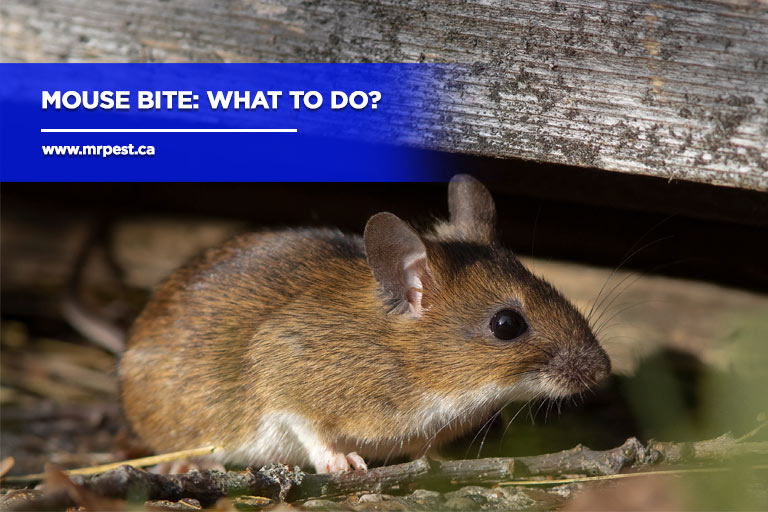A mouse bite is a common concern for individuals, whether it’s at home or in the workplace. A mouse bite can be painful, and there is also the risk of infection. It’s important to know what steps to take if you, or someone you know, get bitten by a mouse.
Taking measures for pest control can help prevent future incidents. Learn here what to do if you experience a mouse bite, including some tips for keeping mice away from your living or working space.
Potential Health Risks From Mouse Bites
- Allergic reaction
Mouse bites can be more than just a painful nuisance, as some people can develop allergic reactions after being bitten. This is especially true for those who work with mice regularly, such as laboratory workers.
In some rare cases, life-threatening anaphylactic reactions can occur, as was the case with a laboratory worker who developed a severe reaction after being in contact with mice for 6 years.
Interestingly, the greatest risk for developing an allergy is in the first 3 years of contact and is usually associated with immediate hypersensitivity to inhalant allergens.
However, as demonstrated by the case of a young girl who was bitten by her pet mouse, even those who have not been in contact with mice for an extended period can still experience allergic reactions, requiring emergency medical treatment with high-dose corticosteroids and antihistamines.
It’s crucial for people to be aware of the potential for allergic reactions to mouse bites, take necessary precautions when handling mice, and seek immediate medical attention if they experience any symptoms. Effective mice and rat control can significantly reduce the risk of allergic reactions triggered by rodent droppings and urine.
- Rat-bite fever
Rat-bite fever is a serious infection that can be transmitted by bacteria living in some rodents. This infection can spread through bites, or by consuming food and water that has been contaminated with rodent feces or urine.
The symptoms usually appear within 3 to 10 days after contact with the bacteria, but it can also take up to 21 days in some cases. Here are the symptoms of rat-bite fever:
- Fever
- Headache
- Joint pain or swelling
- Muscle pain
- Rash
- Vomiting
Approximately 50% of patients experience joint swelling or pain. And, about 75% of patients develop a rash. It’s crucial to seek medical attention as soon as symptoms appear, as antibiotics are highly effective in curing rat-bite fever when treated promptly.
However, if left untreated, the mortality rate can be more than 10%. Taking precautions such as avoiding contact with rodents and properly cleaning areas where rodents may be present can help prevent rat-bite fever. To prevent rat-bite fever, it’s important to contact professional pest removal services to eliminate any rodent infestations in your home or workplace.
- Hantavirus

Hantavirus is a rare but potentially fatal viral infection that is spread by deer mice and white-footed mice. The disease has a mortality rate of 38%, making it a serious concern for those who may be exposed to mice.
Symptoms of infection from the mouse bite can include the following:
- Abdominal pain
- Chills
- Diarrhea
- Dizziness
- Fatigue
- Fever
- Muscle aches
- Nausea
- Vomiting
After 4 to 10 days, some individuals may develop additional symptoms like:
- The sensation of a band around the chest getting tighter
- Coughing
- Fluid in the lungs
- Shortness of breath
Hantavirus is primarily spread through mouse saliva, urine, or feces, and airborne transmission is the most common form of exposure.
To avoid Hantavirus, it’s crucial to take precautions around mice, properly clean up areas contaminated with mouse droppings, and seek medical attention if symptoms develop. If you suspect a rodent infestation in your home or workplace, it’s important to search for a rat and mouse exterminator near you to prevent exposure to the Hantavirus.
- Lymphocytic choriomeningitis
Lymphocytic choriomeningitis is a viral disease carried by rodents, with an estimated 5% of house mice carrying the virus. It’s transmitted to humans through exposure to saliva, blood, feces, or urine from infected rodents.
Symptoms typically appear within 8 to 13 days after exposure and may include the following:
- A general sense of being unwell
- Headache
- Fever
- Loss of appetite
- Vomiting
If left untreated, the infection can lead to more severe conditions such as meningitis, which is an infection of the tissue lining the spinal cord and brain.
To prevent lymphocytic choriomeningitis, it’s important to take preventative measures like sealing up any holes or cracks in your home to prevent rodents from entering, hiring pest control services, and strictly practicing good hygiene around areas where rodents are potentially present.
What to Do After Being Bitten
If you are bitten or scratched by a mouse, it is essential to act quickly and take proper precautions to avoid developing an infection. The first step is to clean the wound thoroughly with warm water and soap.
After cleaning, it is important to dry the area with a fresh towel to avoid trapping moisture. Once the wound is dry, apply an antibiotic cream to the affected area and cover it with a bandage.
Keep an eye on the wound for any signs of infection and seek medical attention if necessary. Taking prompt action can reduce the risk of developing a serious infection and prevent complications.
When to Seek Medical Help

Getting bitten by a mouse can pose a serious risk of infection, regardless of the severity of the bite. Elderly individuals, children, and babies are particularly vulnerable to developing complications from a mouse bite.
It’s crucial to seek medical attention immediately if any signs of infection will arise. DIY treatments and medications are not recommended, as they may worsen the situation. Though some people may be hesitant to receive a shot, getting a tetanus booster can be a lifesaving measure in cases of mouse bites.
It’s essential to keep a close eye on any injury, particularly if it’s caused by an animal bite or scratch. If you experience any symptoms, seek medical attention right away to avoid complications.
The first signs of a rising infection may include worsening pain, a high fever, and expanding redness around the wound area. You should also be on the lookout for red lines forming throughout the tear, swollen lymph nodes, and if the wound starts to radiate heat.
Another concerning symptom is if the affected area becomes tender to the touch. If any of these symptoms occur, visit your doctor as soon as possible. Early intervention can help prevent the spread of infection and reduce the risk of serious complications.
To prevent getting bitten by a mouse, it is important to have an understanding of its behaviour. Mice are naturally timid creatures and can become easily frightened, often resorting to panic. They are more likely to become aggressive when feeling threatened or hungry.
If you’re dealing with a pest infestation like mice or rats, you should consider hiring a professional service for pest control in Collingwood from Mr. Pest Control to ensure that the problem is completely eradicated.
With years of experience in the pest control industry, their team of professionals knows how to handle any infestation situation in Collingwood and surrounding areas.
Their services include mice and rat control, as well as a range of other pest control solutions to keep your home or business safe and healthy. Don’t let these critters take over your space and cause damage to your property. Contact Mr. Pest Control today and get the help you need to get rid of unwanted pests once and for all. Take action now and enjoy a pest-free environment with Mr. Pest Control!
- Barrie 705-739-7378 (PEST)
- Orillia 705-326-3377
- Simcoe County 705-739-7378
- Midland & Area 705-739-7378



